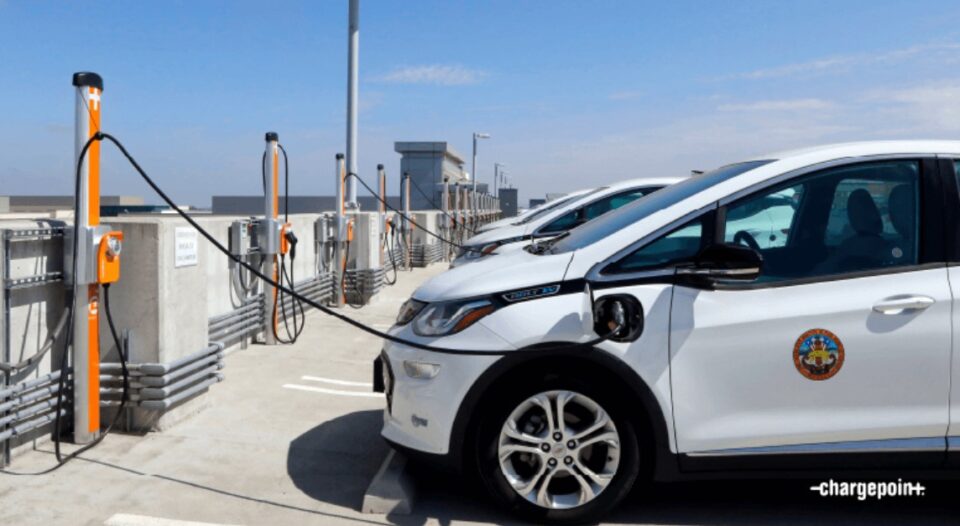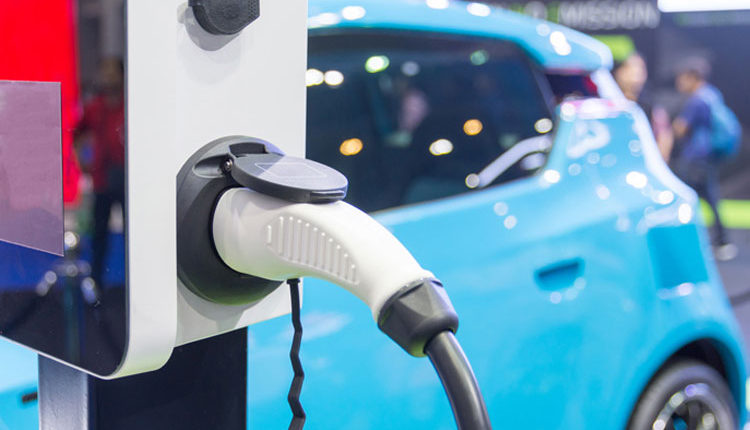New Developments in EV Charging: Exactly How the Market Is Developing to Meet Demand
As the electric automobile (EV) market remains to expand, the billing framework is undergoing substantial makeovers to deal with the rising demand. Key developments in ultra-fast billing modern technologies, coupled with wise grid integration, are improving the landscape. Additionally, developments in battery innovation pledge enhanced performance and sustainability. Nonetheless, the quest of international charging requirements stays a vital element in making it possible for smooth user experiences and prevalent adoption. The effects of these developments elevate essential questions regarding the future of EV charging and its function in the more comprehensive energy environment.
Growth of Charging Framework
The fast growth of electrical vehicle (EV) charging framework is a crucial component in helping with the widespread adoption of electric wheelchair. As governments, personal companies, and consumers progressively recognize the significance of reducing carbon emissions, investments accountable networks have risen. This framework development is vital to reduce variety anxiousness, making certain that EV customers have hassle-free accessibility to billing stations.
Significant developments accountable terminal modern technology and deployment approaches have emerged. Urban locations are seeing a proliferation of public charging terminals, while country regions are slowly being integrated into the billing network. Collaborations in between auto suppliers and charging service providers are ending up being a lot more typical, assisting in the facility of thorough networks that improve customer experience and accessibility.
In addition, the assimilation of sustainable power resources into billing stations is acquiring energy, promoting sustainability in the EV ecosystem. This change not just supports ecological goals yet likewise aligns with the climbing demand for green power solutions amongst customers.
Ultra-Fast Charging Technologies
Ultra-fast billing technologies stand for a significant leap forward in the EV billing landscape, enabling electric cars to reenergize in a fraction of the moment contrasted to traditional billing methods. These technologies commonly provide power degrees exceeding 150 kW, with some systems rising to 350 kW or more, drastically minimizing charging times to just 15-30 minutes for a considerable cost.
Key making it possible for modern technologies include developments in battery chemistry, power electronic devices, and thermal management systems. High-capacity batteries with improved thermal stability permit for faster billing without overheating. EV Charging news. Additionally, advancements accountable infrastructure, such as liquid-cooled wires and modular billing stations, facilitate efficient power transfer, improving the total user experience
Major automobile suppliers and technology firms are actively spending in ultra-fast billing networks, recognizing the vital function they play in conquering array anxiety and accelerating the adoption of electrical automobiles. As these modern technologies come to be more commonly offered, the EV market is expected to witness significant development, making electrical mobility a more appealing alternative for customers. On the whole, ultra-fast charging modern technologies are pivotal fit the future of lasting transportation, leading the method for a much more effective and comprehensive billing environment.
Smart Grid Assimilation

With demand reaction methods, wise grid systems can readjust billing routines based on grid conditions and electricity prices. Throughout durations of high demand, charging can be delayed to off-peak hours, her explanation resulting in lower costs for consumers and lowered pressure on the grid. In addition, vehicle-to-grid (V2G) modern technologies make it possible for EVs to discharge power back right into the grid, supplying secondary services and boosting grid stability.
Integration with eco-friendly energy sources further enhances the sustainability of EV charging. By straightening billing tasks with periods of high solar or wind generation, clever grids advertise a greener charging framework. Inevitably, smart grid integration not just supports the expanding demand for EVs but additionally contributes to a more resilient and sustainable power future, placing the industry for long-lasting success.
Battery Developments
Among the quick advancement of electric lorries (EVs), battery advancements stand at the leading edge, driving advancements in efficiency, sustainability, and efficiency. As the need for EVs surges, scientists and manufacturers are concentrating on boosting battery modern technologies to resolve challenges such as range anxiousness and charging times.
Lithium-ion batteries remain one of the most extensively used technology, yet brand-new products and chemistries are arising to improve energy thickness and durability. Solid-state batteries, as an example, guarantee better power storage capacity and improved security by replacing fluid electrolytes with strong ones. This change might considerably decrease the threat of fire and increase the life-span of batteries.
Moreover, innovations in battery reusing procedures are crucial for sustainability. Companies are developing methods to recover beneficial materials like lithium, cobalt, and nickel from used batteries, advertising a round economy and decreasing environmental impact.

Global Charging Criteria

Initiatives are underway to establish global charging standards that promote compatibility among numerous EV models and charging stations. Organizations such as the International Electrotechnical Compensation (IEC) and the Society of Automotive Engineers (SAE) are functioning collaboratively with auto producers and power service providers to develop thorough standards. EV Charging news. These standards purpose to streamline the charging process, reduce the requirement for several adapters, and improve individual experience
In addition, standardization can substantially boost the development of the billing network, as it urges financial investment by making framework growth extra foreseeable and efficient. As the EV market develops, a unified method to charging requirements will certainly be crucial for making sure that consumers can bill their vehicles comfortably and accurately, consequently sustaining the broader change to lasting transport.
Final Thought
The electrical vehicle billing sector is going through considerable makeover to deal with the surging need for lasting transportation. Developments in charging facilities, ultra-fast modern technologies, wise grid assimilation, and innovative battery solutions are essential in enhancing user experience and functional efficiency. The search of global billing requirements is crucial for making certain interoperability throughout various areas and systems. Collectively, these developments position the sector to support a more comprehensive adoption of electric vehicles, ultimately adding to a much more lasting future.
Urban locations are seeing an expansion of public billing terminals, while rural areas are progressively being integrated into the billing network. In addition, growths in billing infrastructure, such as liquid-cooled cords and modular billing stations, facilitate effective power transfer, improving the total customer experience.
Overall, my blog ultra-fast charging modern technologies are pivotal in shaping the future of lasting transportation, paving the method for a much view website more considerable and reliable billing ecological community. - EV Charging news
By straightening charging activities with periods of high solar or wind generation, smart grids promote a greener charging facilities.Efforts are underway to develop global charging criteria that assist in compatibility amongst various EV models and billing terminals.
Comments on “Everything You Should Know Before You Decide to Buy EV Charging news”